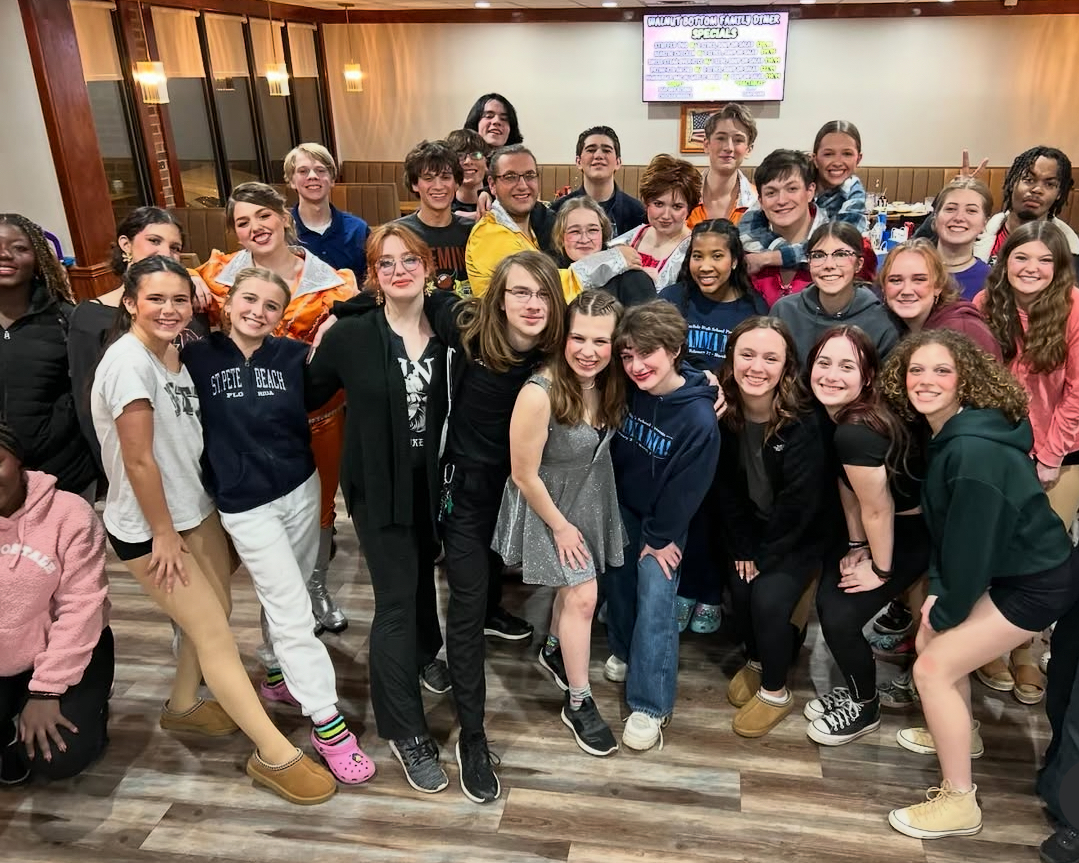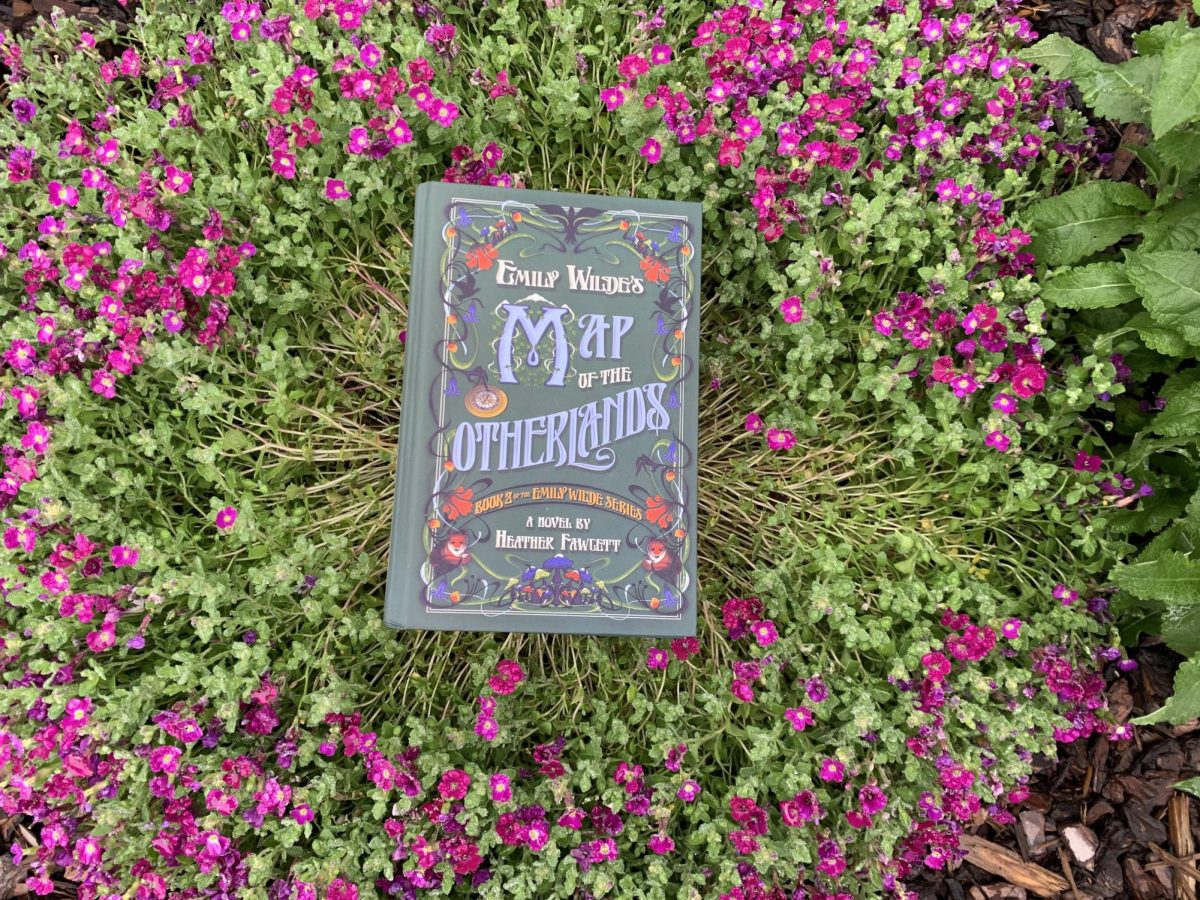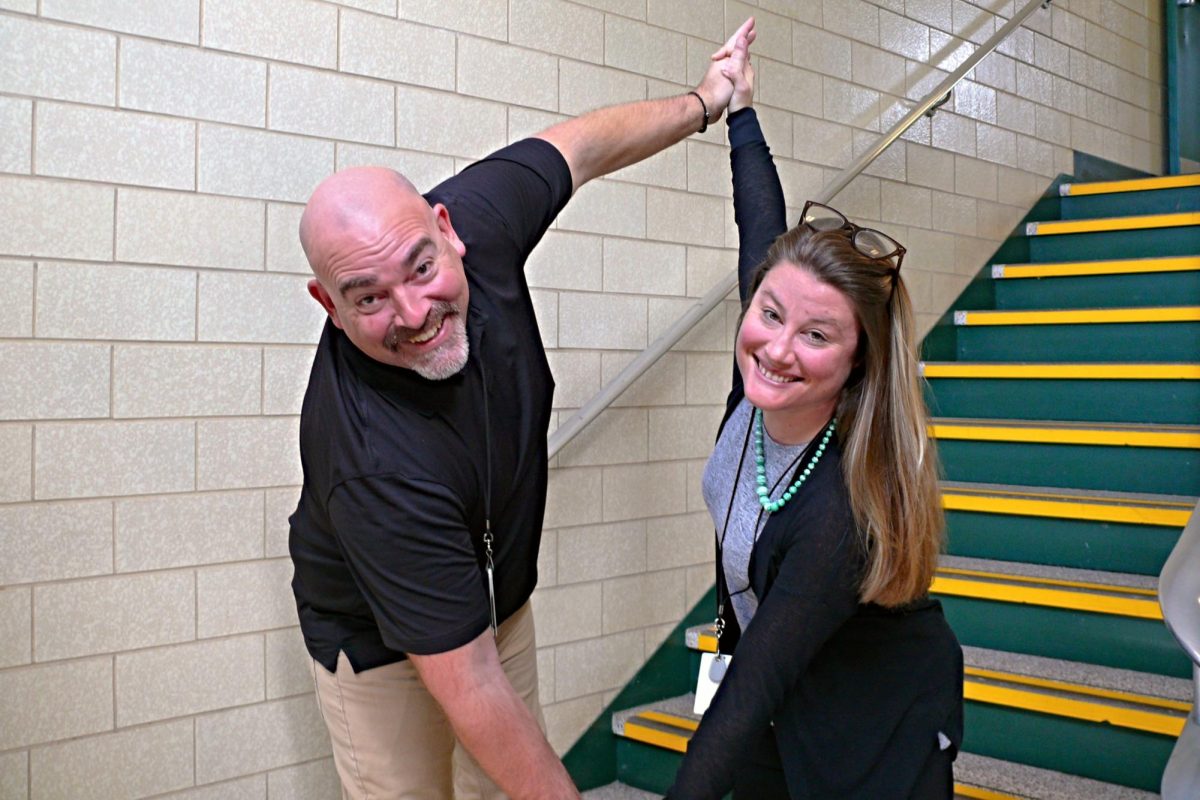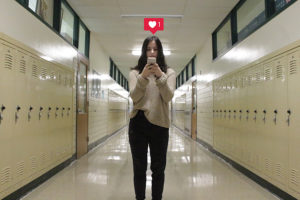We shouldn’t love likes: What Instagram likes really mean
February 7, 2019
With Instagram being one of the most popular social media platforms today, it is no wonder that many young people feel pressured to compete for likes.
In high school especially, teenagers feel the need to fit in. Whether it’s body image, clothes, or social status, they are searching for acceptance. One way students often feel validated is by acquiring Instagram likes. The question now arises: what do Instagram likes really mean for teens?
Likes have become so important that many Instagram users resort to acquiring ‘fake’ likes. People will go so far as to buy likes and followers from applications such as “Stormlikes” or “Instaboostgram”. However, if Instagram discovers this happening they have the right to delete the account immediately. That is why there are other ‘sneaky’ ways to gain likes are used more commonly. Using the hashtags “like-for-like” or “follow-for-follow”, implies that when someone either likes or follows you, you will do the same back. Another subtle tactic is to post your Instagram account on other social media platforms. This can be viewed as a way of notifying others of your recent post.
In many cases, individuals will not even know their followers or who they are following.
“Sometimes people will even follow a bunch of random accounts just in hopes of getting their likes up,” sophomore Thea Gayman said.
Popularity through social media is something brought up often in our culture. We see ‘Instastars’, such as Kylie Jenner or Lele Pons, getting millions of views and likes on a daily basis. Young people comparing themselves to stars leaves them feeling inadequate because of unrealistic expectations.
“Of course any younger girl is going to be like ‘Oh yeah I want to be like all of these Instagram stars that get so many likes’, but now I don’t care as much… because I know my priorities,” said freshman Olivia Grippin.
Kacee Bree Jensen of Family Circle Magazine said, “Comparison is a confidence killer, and we have an entire world to compare ourselves to on social media.”
The competition is not only mentally draining, but time-consuming. Getting the perfect picture can be a strategic game for some. The process of narrowing down your options of pictures to just a few, then editing them to get them how you would like is monotonous. This is just the reason why freshman Chloe Yarnell deleted her Instagram account.
“I didn’t feel like having all of the work to take pictures, edit them, and make sure I like them…” Yarnell said. “I think if I still had it I would be concerned about the likes I get on them too, and I don’t want to care about it.”
However, likes can be beneficial in some instances. From a business standpoint for example, likes can get smaller brands or products recognized. Unfortunately, the majority of young people using the app have no reason to strive for this goal, due to it having no direct benefit to them.
What likes boil down to is a false sense of popularity and validation. It is solely a number that can be easily manipulated on a screen. Pushing to get more and more likes on every post is becoming extremely common, and adds unnecessary stress to people’s lives. Instagram distorts how you view both yourself and others causing a lack of identity. It is important to always be the real you because life is not all about likes.

































































































